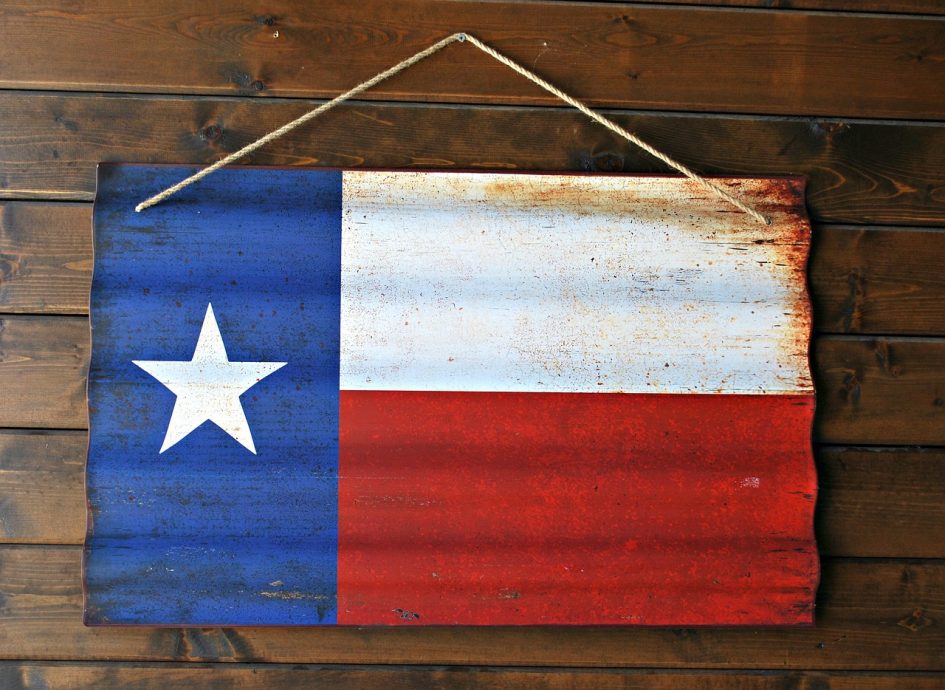A Texas supersedeas bond is the only alternative for a Texas appellant if he fails to stay execution of a judgment by motion for injunctive relief from a trial or appellate court in lieu of supersedeas. Generally a judgment creditor may seek to enforce a civil money judgment notwithstanding that appellate review is pending unless the judgment debtor timely files a Texas supersedeas bond and request for review. Superseding a money judgment exists as a matter of right pending appeal however appellants must act expeditiously. There are a few exceptions to this right such as Texas Alcoholic Beverage Commissioner orders refusing, canceling, or suspending a permit or license, appointment of a receiver in a shareholder, derivative action, suspension of an attorney’s license, child support or custody orders and orders denying interlocutory relief, however posting of a Texas supersedeas bond is appropriate in almost all other matters. Texas defines a supersedeas bond as an instrument whereby the appellant binds himself to pay the judgment as well as damages caused by the delay in appeal, including interest and costs (up to the amount of the current cap) to the judgment creditor (up to the amount of the bond) in the event the appeal is affirmed or the appeal is dismissed. The amount of Texas supersedeas bond required to supersede a money judgment is generally to be in an amount that covers compensatory (but not punitive) damages, interest for the estimated duration of the appeal and costs. Punitive damages CANNOT be factored in to the bond amount and the trial court is obligated to reduce the Texas appellate bond upon receiving evidence of substantial economic harm. The bond is received and approved by the clerk of court who also determines the sufficiency of the surety offered. The clerk has discretion to assess the financial strength of sureties however he or she has no discretion to refuse a Texas supersedeas bond due to defects in form. Ordinarily a corporate surety’s certificate of authority from the Texas Department of Insurance (TDI) or the surety’s inclusion on the U.S. Treasury’s list of surety companies qualified to post bonds for federal obligations is sufficient evidence for a clerk to find the surety sufficient. The surety bond must be payable to the judgment creditor and guarantee the payment of the aforementioned sums and must be signed by the appellant and agent for the surety. Once the Texas supersedeas bond is accepted and filed, the clerk of court cannot thereafter withdraw approval of the bond.
Texas judicial bond leader, Surety One, Inc. is the most attentive and agile underwriter of supersedeas bonds (appeal bonds) in the nation. Our in-house authority is UNMATCHED, ANYWHERE. Visit us at SuretyOne.com, call (800) 373-2804, or email Underwriting@SuretyOne.com for further information about a Texas supersedeas bond, Texas appeal bond or any other surety need.

